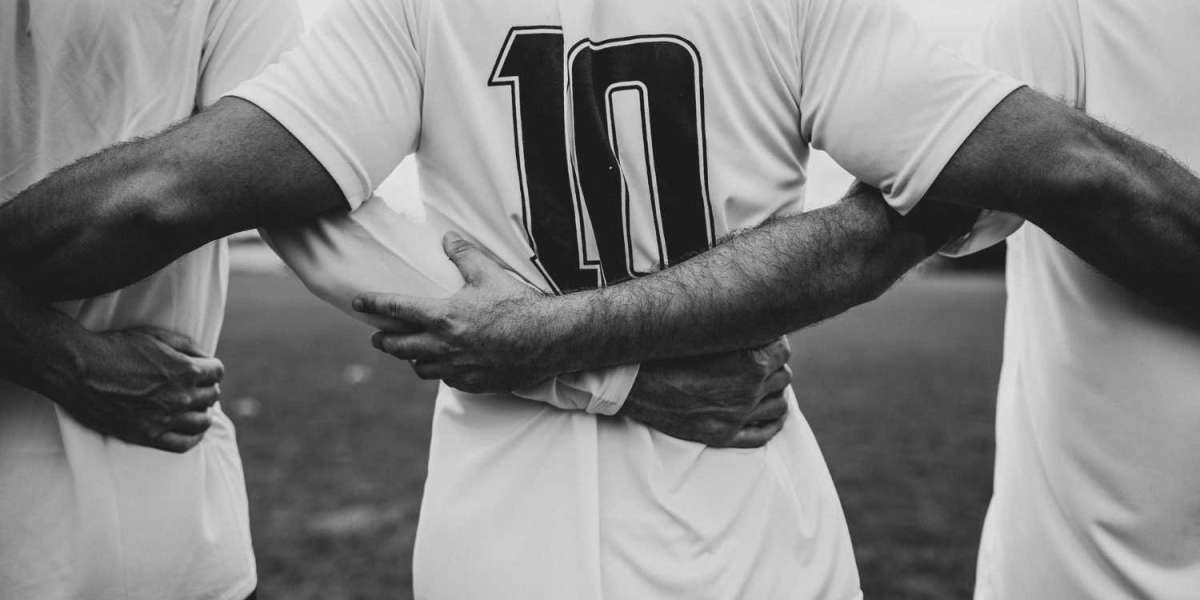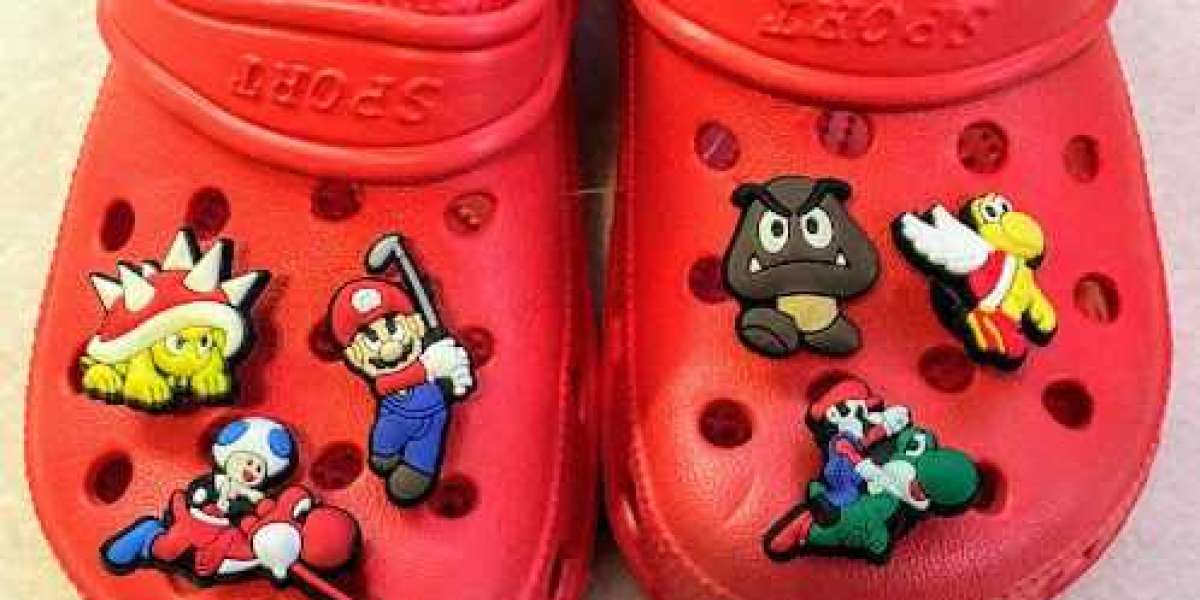Have you ever wondered what the numbers on the backs of custom team uniforms mean? Is it the lucky number of the player? Are digits assigned at random? Where did these figures come from? The number on a sports uniform is much more than just a number, as any player or sports fan knows. In many cases, the number becomes linked with specific players. Sometimes it is even retired with the player, as with Michael Jordan and his signature number 23. There is a lot of pressure when it comes to selecting a sports uniform number.
History of Custom Team Uniforms Numbers
Australians are extremely proud of the fact that the use of sports numbers emerged in their country. According to the International Federation of Football History and Statistics, the first formal use occurred during the 1911 Australian Rules game in Sydney. Essentially, numbers were prominently displayed on player jerseys to distinguish them from other players. That makes it easy for the spectators, game scorers, and officials to identify each player. The Cleveland Indians were the first baseball team to wear numbered jerseys in 1916. Soccer players in the National Challenge Cup took that trend a step further in 1924.
There was order in its usage in its early days. Such as, in soccer, players were assigned numbers ranging from 1-11, with the goalkeeper wearing number 1. Moreover, a player's number in many team sports would refer to his position. They assigned numbers to the players as per their field position. Like in baseball, the number corresponds to the batting position order.
The jersey number in Australian Rules football does not correspond to the position of the players. The numbers are not retired. Famous numbers are given to a new top club player. They even passed down the number to the sons of former players on the same team. In National Rugby League, however, the number represents the player's position.
Today, however, players are frequently allowed to choose their own number. If it has not been retired and no one else on the team uses that number.
Soccer Custom Team Uniforms Numbers
In soccer, goalkeepers wore # 1, defenders wore numbers 2-6, and offensive players wore numbers 7-11.
The numbers and their matching positions shifted slightly over time, but remnants of the original system still hold true today. There are a few globally agreed-upon numbers. That will always be linked with a specific role. In most modern soccer teams, the starting goalkeeper wears the number one jersey. Whereas, the team's best winger or second striker has a number seven on his uniform. However, the most identifiable number for soccer team uniforms is 10. This number is for the central attacking midfielder who is positioned just behind the forward. Many legendary players, like Diego Maradona and Edson Arantes do Nascimento, have worn this number.
Football Team Jersey Numbers
The National Football League has its own system of jersey numbers. Like soccer, Football team uniform numbers are linked with field positions. But football players have given a range. A quarterback, for example, must wear a number between 1-19. A wide receiver's jersey number can range from 10 to 19, or from 80 to 89. And two team players cannot have the same number.
Baseball Team Uniform Numbers
In the past, numbers were assigned in relation to a player's position in baseball. However, this is no longer the case. Numbers have become a source of emotional attachment and superstition over the years. Due to this, players now stick with their personal preferences. Johnny Neves, for example, always wore the number seven because it is his surname spelled backward. In honor of his favorite player, Babe Ruth, David Wells wore number three.
Some Traditions and Superstitions That Represent the Jersey Number
Birth Number
Sometimes players choose their birthday as their jersey number. It is one of the popular ways of having a favorite number. A birthday is a significant number for many. So, it makes sense to use it for something as important as the jersey number. Players can also use someone's birthday to express their gratitude for their ongoing support.
Lucky Number
Sometimes the uniform number represents the lucky number of the player. Athletes want to feel good about their uniform number. Certain lucky numbers, such as lucky 7 or 9, seem to be desired at the start of each new season. While some numbers are considered lucky, others are thought to be unlucky by the superstitious. If you are superstitious, you should avoid the numbers 6 and 13. Of course, a lucky number can be a personal lucky number to which you have assigned significance over time. But for this, first, you get to decide if a number is lucky for you or not!
Number of A Favorite Player
Jerseys often represent the number of a favorite player in the big leagues. Most players in the major leagues have a favorite who they look up to both on and off the field. It is a great way to honor your favorite big league player. This is also a subtle way to show that you believe your abilities are comparable to those of your favorite player.
Number of A Parent or Grandparent
The uniform number has great significance for the players. Therefore, when they select a number, they should select something meaningful to them. Often they are unable to select one of the above options for their jersey number for some reason. For instance, the number has already been selected by other players. Then there are other options too. They can still try another method to obtain a more personal number by selecting the number of someone’s they love. If their parents or grandparents used to play sports, wearing their old number is a thoughtful gesture. That they will surely appreciate at every game as well as make them feel happy.







